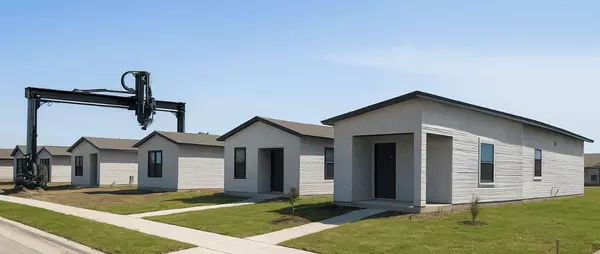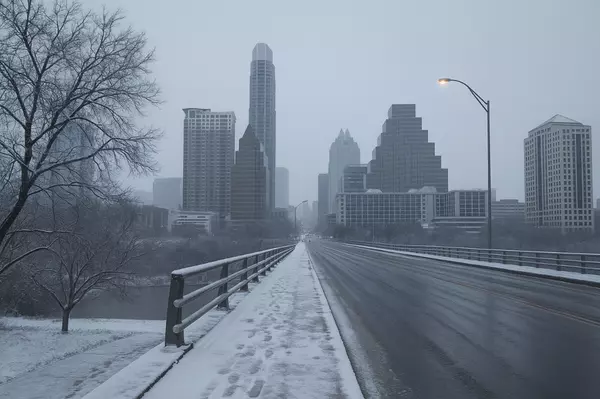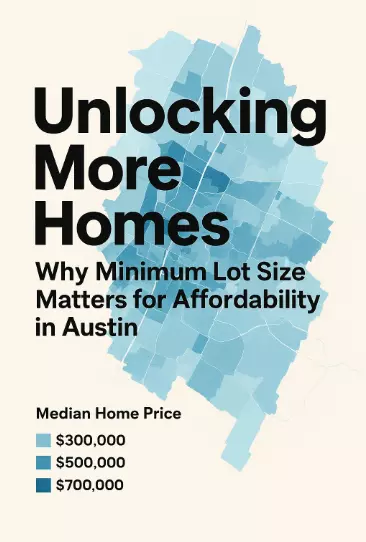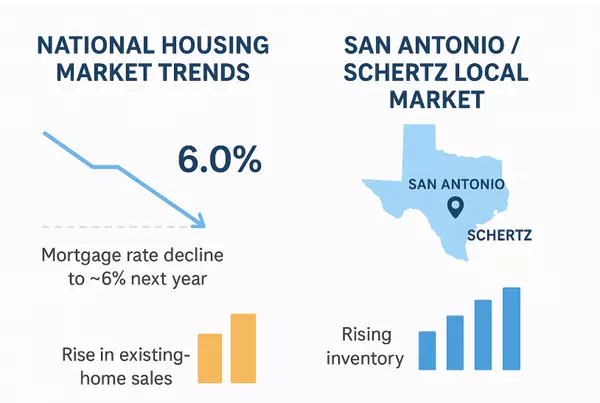Coronavirus and Real Estate

So, I was in the large group of eye rollers for the past few weeks while everyone’s been clamoring that the sky is falling. Now I see how coronavirus is affecting my own business, and how recession is almost inevitable. I see that the societal pain this is causing is quite possibly a more fearful thing that the virus itself. All you have to do is watch the news to get the latest on the general impact though, so for the time being I’ll just stay in my lane and stick to real estate commentary.
I’ve been reading about this pretty exhaustively, and there’s a lot of mixed information going around about the impact on real estate. Most economists I’m hearing now say that a recession is pretty much inevitable, if not already started. From that standpoint, recession always causes a depression in sales and prices. The thing about real estate though is that there’s almost always opportunity for profit either way the market is going. When prices decline, you may be able to grab a deal. When prices are high, you stand to make more money when you sell (or rack up equity until then). A little like the stock market, it’s often a matter of “knowing when to hold them and when to fold them.”
So which way will the market go? Well for starters, in case you haven’t heard, we have now hit the lowest interest rates in HISTORY. This brings people out of the woodwork to buy a home, and I hear the lender queues are historically long because of so much business. Some are even increasing their prices because there’s such a long line at the door. Even so, these interest rates definitely serve to fuel the home buying demand, and simple economics dictate that increased demand leads to higher prices. These low rates also really do make a BIG difference in home affordability and long term family savings. In some ways, this makes it both a good time to buy AND a good time to sell. Sellers get higher prices when buyers are out in mass, and buyers get lower house payments at the same time! Economic win-wins situations are rare, and this may be one of those brief situations. For more elaboration on the history of affordability, here is one of the clearest and most comprehensive articles I’ve ever read on the subject.
Another big thing that affects the market is the amount of foreign buyers wanting to purchase. These foreign buyers amount to a significant increase in demand, which inflates home prices. A big portion of the foreign buyers in America are from China, which has been the hardest hit by Coronavirus. The question is whether or not coronavirus will push more foreigners into the American market or take them out of it. I wish I had a simple answer, but experts don’t agree. I’ve read articles that predict both directions! Some say they will stop buying for a spell while they’re in hunker-down mode, and others say that the risk and instability in their own country sends them looking elsewhere for places to invest. In unstable countries, the present situation may make it seem more enticing to invest in American real estate rather than in their own country. Time will tell…
My own assessment so far though is that buyers HAVE slowed down a little already, at least less activity than this time of year should be. Sellers may already realize this and are often very soon to follow, since many who have time flexibility would rather their home be on the market at the time when there’s the most buyers. MY prediction is that with interest rates so low, it will only delay the peak of real estate season this year, not kill it. Normally, late April/early May is the high-tide time when buyers and sellers are out in force (and June has most closings, since it usually takes 30 days to close). The crest of buying/selling activity this year may perhaps be more toward June, so you may see the highest closing month of the year shift to July OR just see the graph’s curve flatten out a little bit more. This flattening of the curve may simply mean more closings than normal in July and August instead of mostly June. Assuming this corona-hunker-down mode blows over in a couple of months, the seasonality of the school calendar still applies. People need to get their families fully moved before the fall semester starts. Usually families prefer to do this at little bit ahead of time, in the spring, but this year we may see more summer activity because of market late-comers.
Now, all bets are off if the economy takes a serious dive, which I just can’t predict. So far I’ve heard the experts say that we’re in for “a more garden-variety version of a recession, not a 2008 caliber recession.” That’s what I’m currently anticipating, and we will hope for the best. I will reiterate, however, that now is still a great time to get a loan. It’s my opinion that if you do plan to eventually purchase, you should not plan on affordability getting better than it is right now. If you want to wait to buy, AT BEST I think you’d see a short plateauing effect in home prices. At worst, you see rates go back up to historically more normal (much higher) levels and home values continue to appreciate every year. With that, the affordability proposition continues to decrease in the extended foreseeable future. If you’re thinking of buying a home and can afford it, I wouldn’t wait too long.
What if you’re an investor? I think that’s more complicated, with commentary more tied to the macro economy. In times of more severe, extended recession, because of job loss and income decreases, home ownership in turn decreases while the population of renters increase. Increased supply of renters cause rent prices to go up, thus a good time to be a rent COLLECTOR. It would also be a good time to snag some cheaper properties while people are selling and foreclosure rates are up. In the event of this kind of extended recession, your appreciation rates on your property will lag for awhile, but there’s great money to be made if you’re patient enough to wait it out.
If, however, we only end up seeing an economic slowing, plateauing, or even “garden variety” recession, then we may not see dramatic changes in the housing market, at least not in a growing place like Austin with a relatively healthy local economy. Why? Austin has been a “seller’s market” for well over a decade due to consistent, continuing job growth and population growth. When you have ratios of 2-3 buyers for every 1 seller, that ratio doesn’t flip overnight. Instead, it gets chipped away at slowly. It might go down to 2.1 or, say, 1.9 buyers per seller… but I see Austin staying “a seller’s market” for many more years to come, if for no other reason, merely because of the dramatic disequilibrium that we’ve accumulated.
So what does a seller’s market mean in general? It means prices/home values appreciate. Indeed a seller’s market makes it more difficult for many people to buy a home, but once you’re already a homeowner, it’s nice to see your equity and net worth growing each year. It’s especially nice when it’s finally time to sell and cash out! For these reasons, I remain very bullish on the Austin market for the foreseeable future. If you have the financial ability to be involved, I would recommend getting in. If you’re already in and have the ability to wait out our current downturn/plateau, I think in the end your wallet will be rewarded for your patience as well.
Recent Posts










GET MORE INFORMATION

